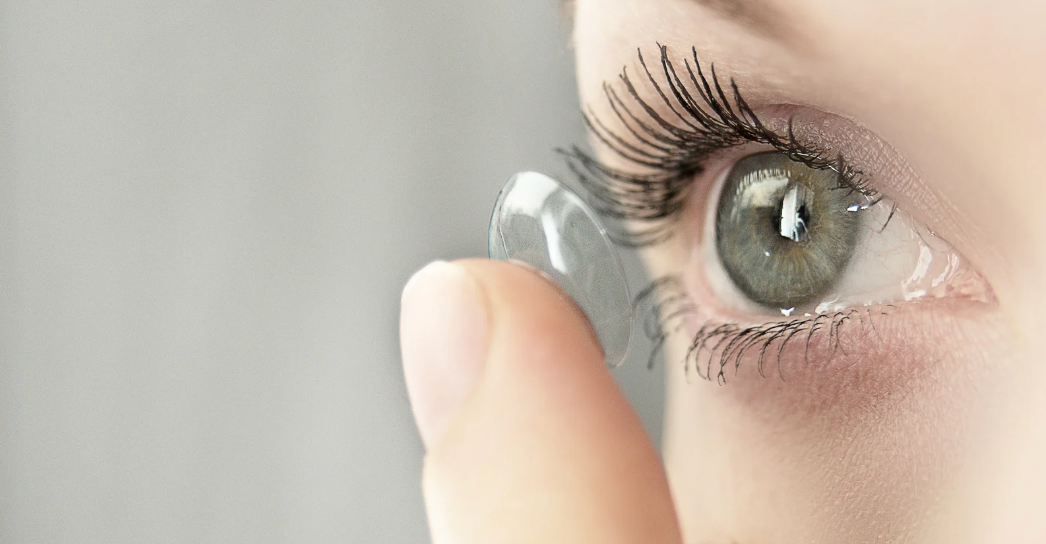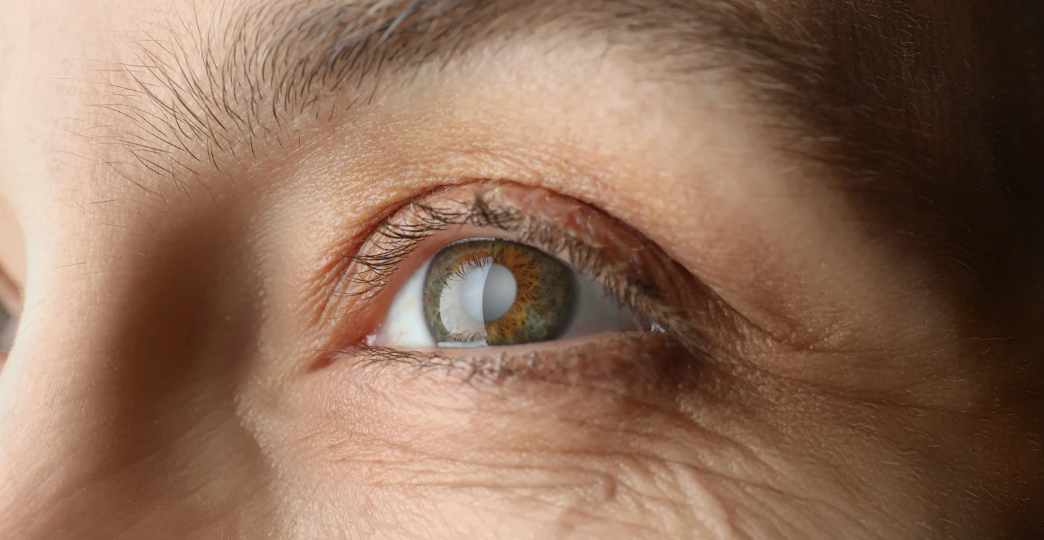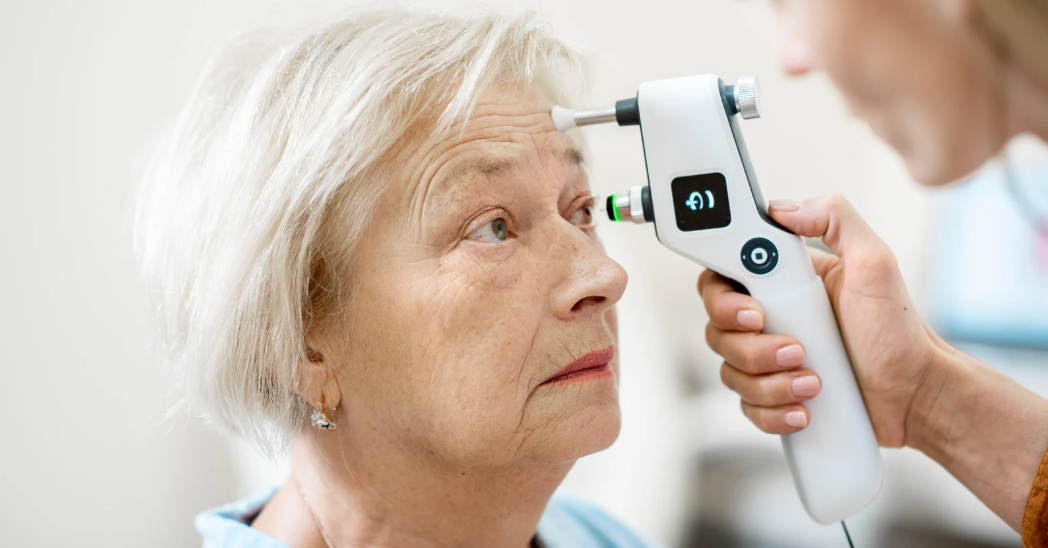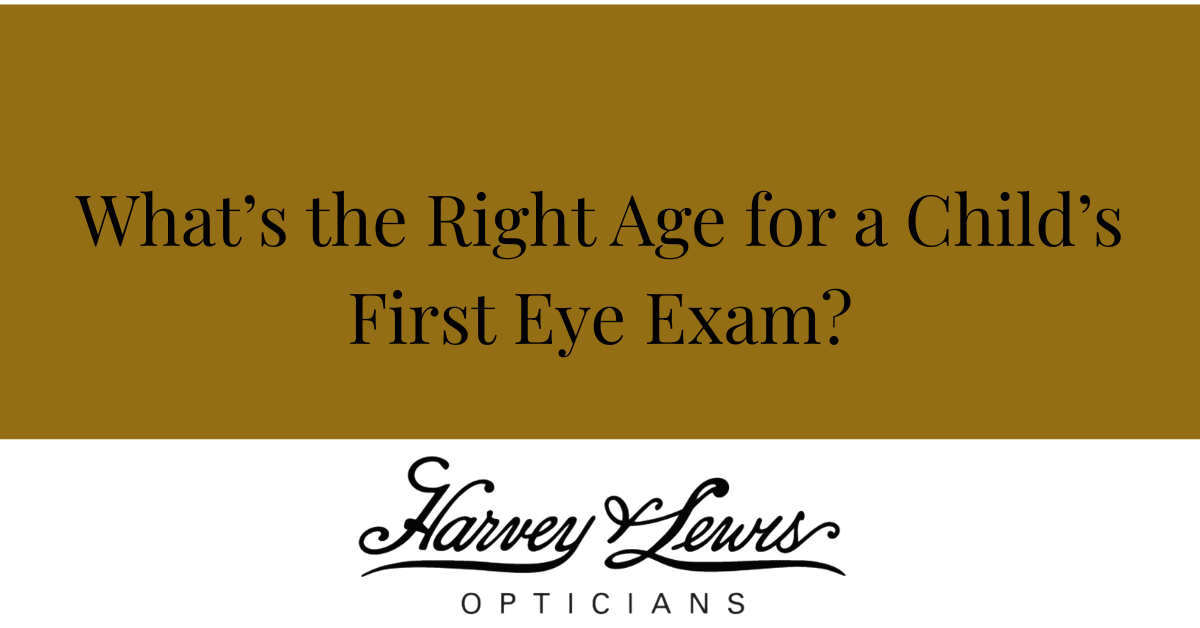
In today’s world, most of us spend hours every day in front of screens—whether it’s a computer, phone, tablet, or TV. While digital devices have made life more convenient, they’ve also introduced a new challenge: digital eye strain. Also known as computer vision syndrome, digital eye strain is a common condition that can cause headaches, blurry vision, dry eyes, and even neck and shoulder pain. But the good news is, there are simple steps you can take to reduce discomfort and keep your eyes healthy.

If you wear glasses or are considering getting your first pair, you’ve likely heard the terms single vision and progressive lenses. While both serve the purpose of improving vision, they cater to very different needs—and understanding their differences can help you make the best choice for your eye health and lifestyle.Whether you’re navigating your first prescription or thinking of upgrading your eyewear, this guide breaks down the key differences between single vision and progressive lenses.

Contact lenses have come a long way since their invention, providing clear vision and convenience for millions of people. However, not all eyes are suited for standard contact lenses. That’s where specialty contact lenses come into play. These advanced lenses cater to unique eye conditions and specific visual needs, offering solutions for patients who might otherwise struggle with traditional contacts or glasses. Let’s dive into what specialty contacts are, the types available, and who might benefit from them.

Dry eye is a common yet often overlooked condition that can significantly impact your quality of life. It occurs when your eyes do not produce enough tears or when the tears evaporate too quickly, leading to discomfort and potential damage to the eye’s surface. Understanding the early signs and available treatments is crucial for maintaining eye health and preventing further complications.

Glaucoma is a serious eye condition often referred to as the "silent thief of sight" because it can cause irreversible vision loss without noticeable symptoms in its early stages. Understanding how glaucoma affects your vision and what steps you can take to prevent it is essential for maintaining lifelong eye health.

As we age, our vision naturally changes, but some changes may indicate an underlying condition that requires medical attention. One of the most common eye conditions affecting millions of people, especially those over 60, is cataracts. Cataracts can cause blurry vision, increased sensitivity to light, and difficulty seeing at night. While this condition can be frustrating, the good news is that it is treatable. Understanding cataracts, their symptoms, and treatment options can help you take proactive steps toward maintaining clear vision.

Your eyes are one of the most delicate and complex organs in your body, and keeping them healthy requires regular monitoring. One critical aspect of eye health is intraocular pressure (IOP)—the pressure inside your eye. High or unstable eye pressure can increase the risk of conditions like glaucoma, which can lead to permanent vision loss if left untreated. Understanding how eye pressure is measured and what the results mean can help you take proactive steps to protect your vision.


